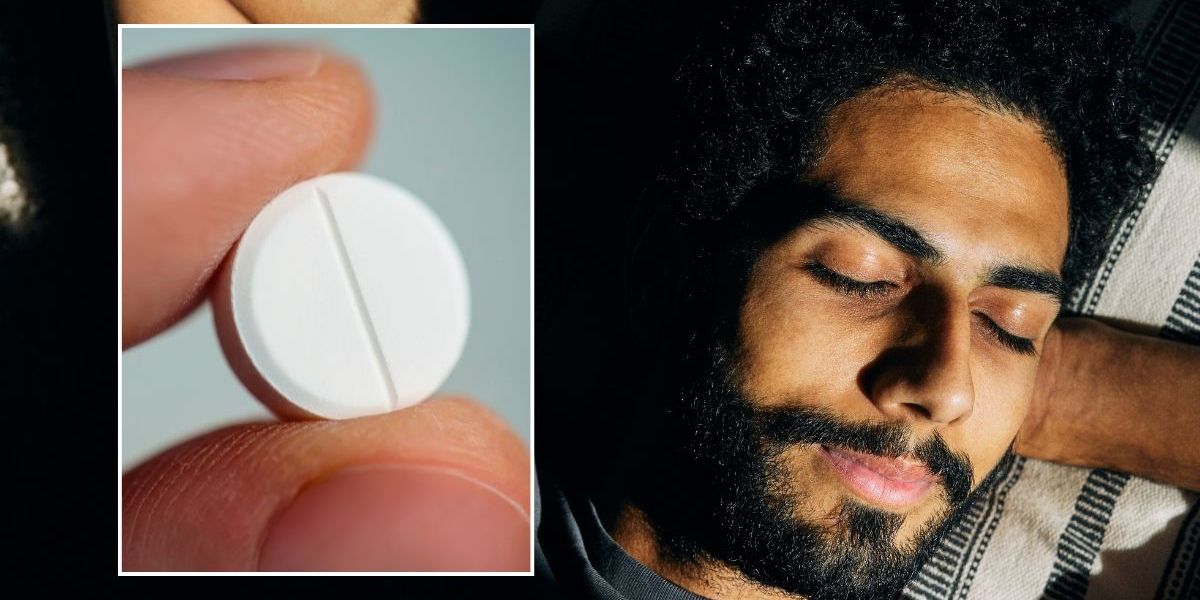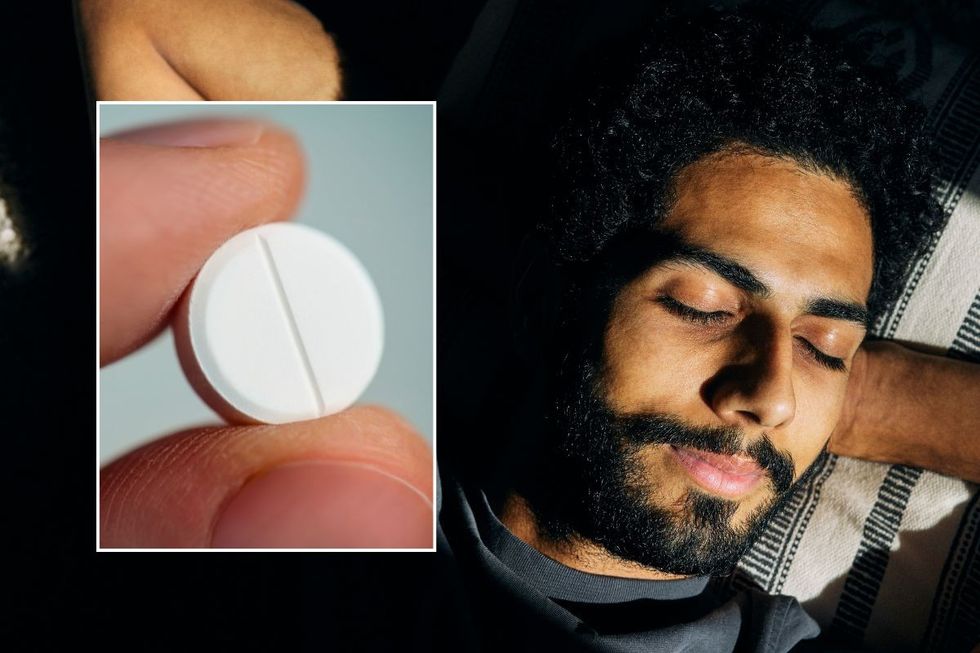



Four specific forms of physical activity could offer effective treatment for sleep disorders without requiring medication, with yoga offering particularly striking benefits.
A comprehensive analysis published in BMJ Evidence Based Medicine has identified yoga, Tai Chi, walking and jogging as the most beneficial exercises for enhancing sleep quality and reducing insomnia symptoms.
The investigation examined data from 22 clinical trials encompassing 1,348 participants with sleep difficulties.
Researchers discovered these accessible forms of movement could function as primary interventions for sleep problems, potentially matching or exceeding traditional treatments.
The findings suggest exercise-based approaches might provide practical alternatives for the millions affected by insomnia across the UK.
Scientists conducted a network meta-analysis to compare thirteen distinct therapeutic approaches for managing insomnia.
Seven interventions involved physical activity: yoga, Tai Chi, walking or jogging, combined aerobic and resistance training, resistance training alone, aerobic exercise paired with therapy, and mixed aerobic activities.
The remaining six methods comprised cognitive behavioural therapy, sleep hygiene education, Ayurveda, acupuncture or massage, no intervention, and standard care including lifestyle modifications. Treatment durations varied between four and twenty-six weeks.

GETTY
|Movement can function as a primary intervention for sleep problems
Researchers employed established assessment tools including the Pittsburgh Sleep Quality Index and Insomnia Severity Index.
They also measured total sleep duration, sleep efficiency, nocturnal awakenings, and the time required to fall asleep through both subjective and objective methods.
Yoga demonstrated particularly striking results, extending total sleep duration by approximately two hours and enhancing sleep efficiency by nearly fifteen per cent. Participants practising yoga spent roughly one hour less awake after initially falling asleep and reduced their sleep onset time by approximately thirty minutes.
Walking or jogging produced substantial reductions in insomnia severity scores, decreasing them by almost ten points. Tai Chi improved sleep quality ratings by over four points whilst increasing total sleep duration by more than fifty minutes.
The martial art also shortened the time needed to fall asleep by approximately twenty-five minutes.
Extended analysis revealed Tai Chi maintained superior outcomes across all measured parameters for up to two years compared with standard treatments.
 GETTY |
GETTY |
Yoga demonstrated particularly striking results, rivalling drugs
The researchers propose several mechanisms explaining these benefits. Yoga's emphasis on controlled breathing and body awareness may modify brain activity, reducing anxiety and depression that frequently disrupt sleep.
Tai Chi's meditative movements could decrease sympathetic nervous system activity, helping to manage hyperarousal and emotional dysregulation.
Walking and jogging might enhance sleep through increased energy expenditure, reduced cortisol levels, and elevated melatonin production.
The researchers concluded: "The findings of this study further underscore the therapeutic potential of exercise interventions in the treatment of insomnia, suggesting that their role may extend beyond adjunctive support to serve as viable primary treatment options."
